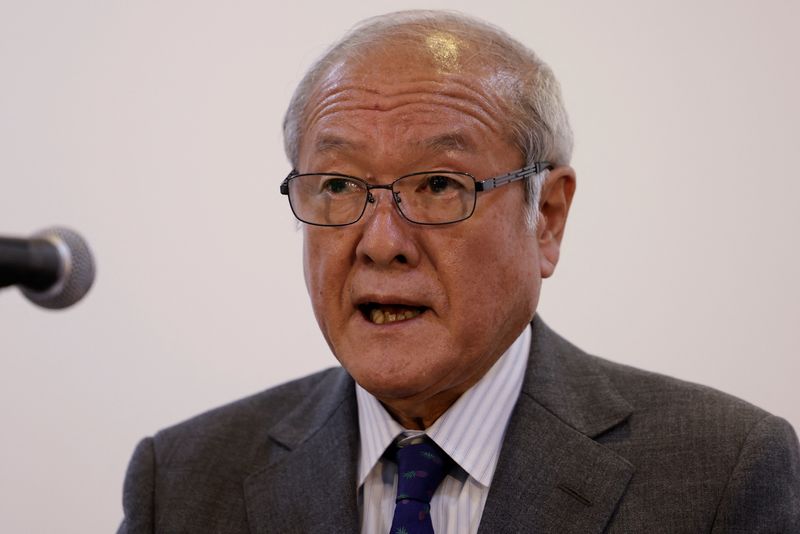TOKYO (Reuters) -Japanese Finance Minister Shunichi Suzuki said on Tuesday he was concerned about the negative impact of the yen’s current weakness and its effect on incentives to raise wages.
“One of our main objectives is to achieve wage increases that exceed price increases,” Suzuki said. “On the other hand, if prices remain high, it will be difficult to achieve this goal even if wages rise.”
While a weak yen is a boon for exporters, it has become a headache for Japanese policymakers because it hurts consumption by driving up the cost of importing raw materials.
The fall of the yen to above 160 per dollar late last month prompted a likely round of interventions by Tokyo.
The Japanese currency has since risen and was last trading around 156.45.
At a regular press conference after the cabinet meeting, Suzuki reiterated that exchange rates should be determined by markets reflecting fundamental factors and that it is desirable for the currency to move in a stable manner.
The government will closely monitor the foreign exchange market and take appropriate action if necessary, he said.
Responding to questions about Japanese government bond yields hitting their highest level in more than a decade on Monday, Suzuki said it is important for the government to closely monitor the market and communicate with traders.

Ten-year Japanese government bond yields traded around 0.979% in morning deals.
“The government would implement appropriate debt management policies to ensure the stable issuance of government bonds,” Suzuki said.


